25 Tips For Teaching With Apps
At first glance, apps, seem more engaging than books. So use them together–have the app front-load the book, or vice-versa.
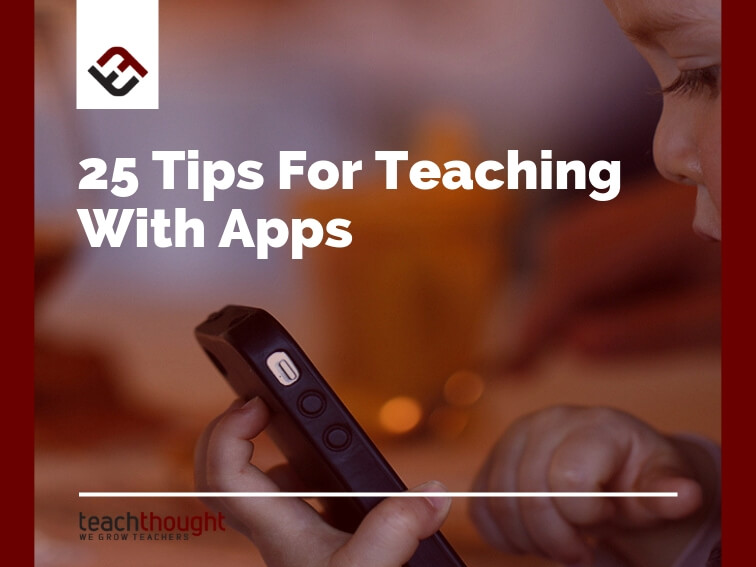
At first glance, apps, seem more engaging than books. So use them together–have the app front-load the book, or vice-versa.
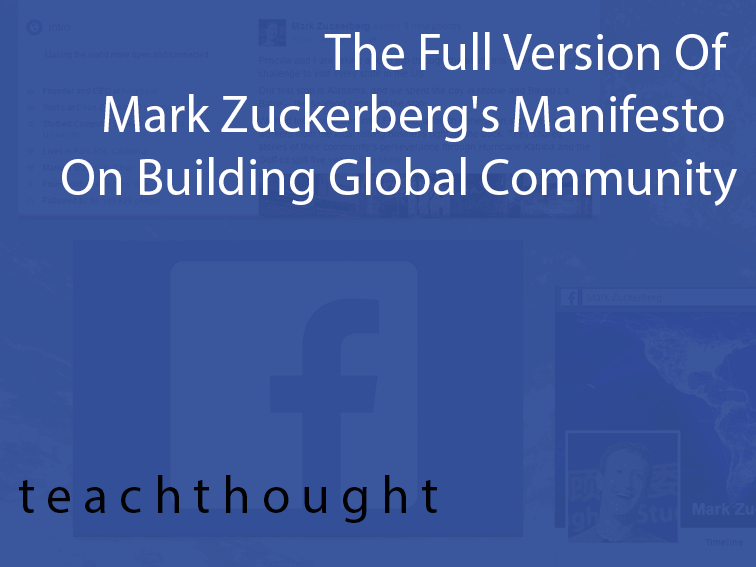
The Full Version Of Mark Zuckerberg’s Manifesto On Building Global Community by Terry Heick Mark Zuckerberg’s recent letter to the facebook community (read: everyone), in which he lays out a kind of vision for our collective digital future, is bursting at the seams with ideas worth examining, whether because of their insightfulness or because of the…
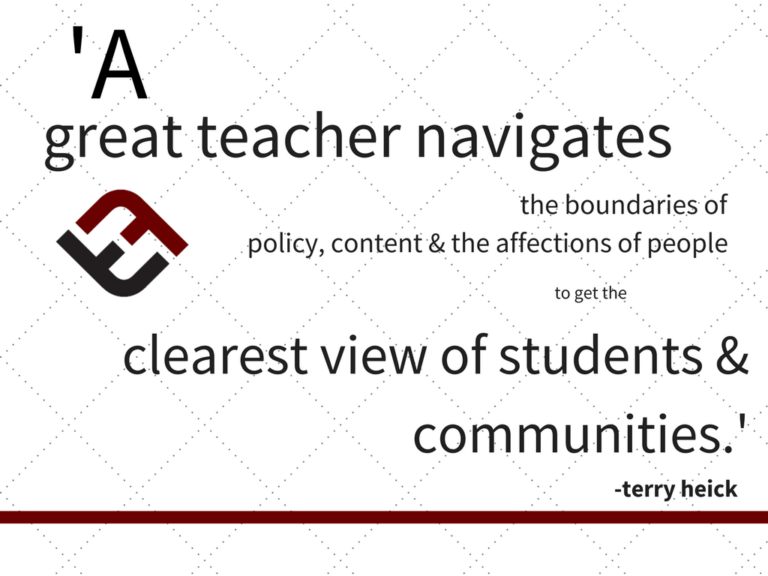
A great teacher navigates boundaries of policy, content, and the affections of people and communities to get the clearest view of students.
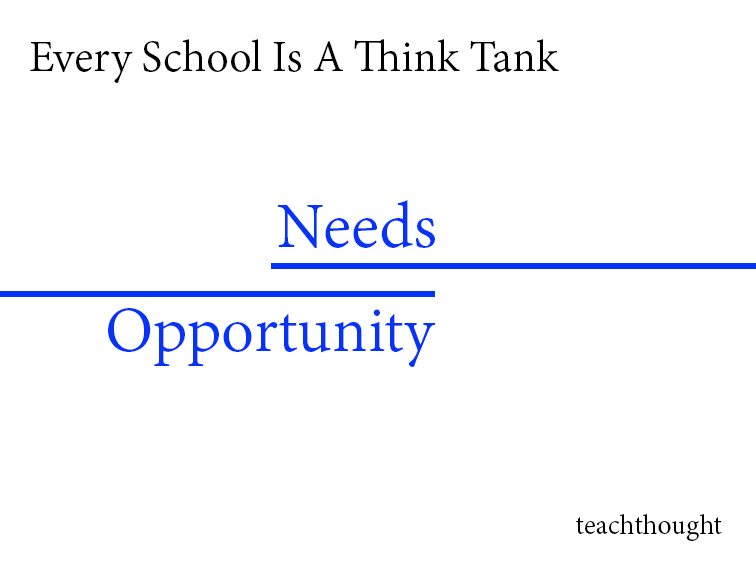
Every school is a think tank. Every school, by design, opens it doors to the brightest developing minds a community has to offer.
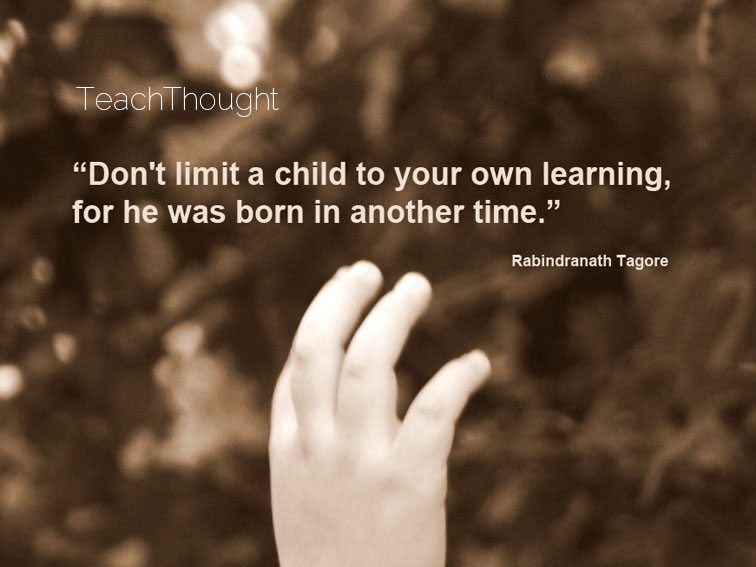
We can’t teach as fast as things change. Perspectives. Ideologies. Knowledge demands. Our collective cultural norms and biases.
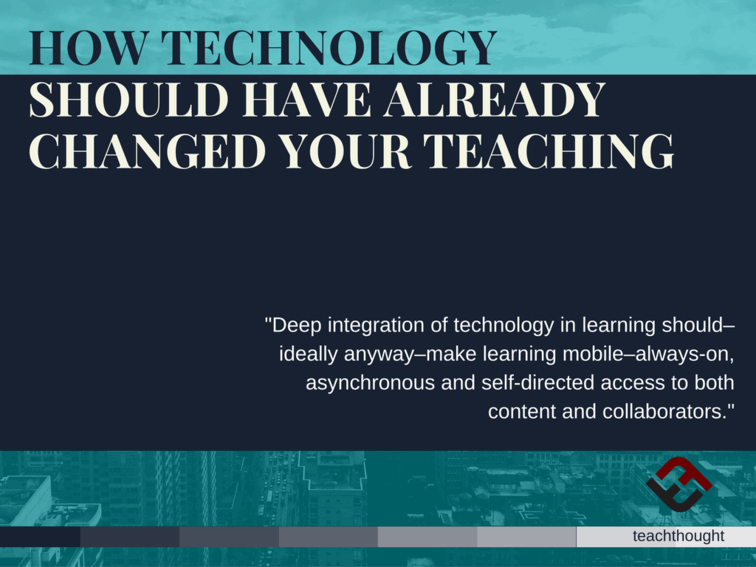
How Does Technology Change Teaching And Learning? by Terry Heick This post was originally published in 2014 and most recently updated in 2020 A little bit of technology doesn’t change much. It can make things a little easier by automating them. It could make a lesson here or there gee-wiz flashy, or even engage hesitant…
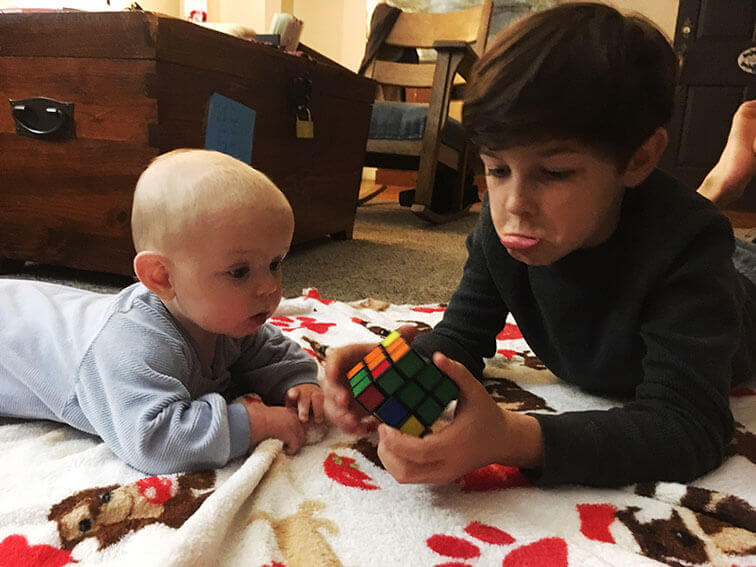
What To Tell Students About Donald Trump by Terry Heick What I know about politics–in terms of processes and systems–is negligible, so this is not a post about politics. My interest in writing a long-winded ‘hot take’ on Trump’s election also might as well be zero. The closest I came there happened last night as…
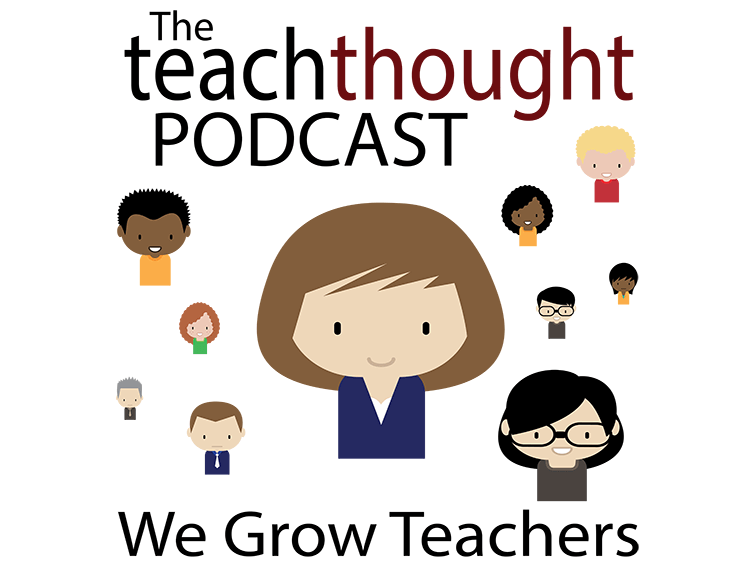
We’re opening up the TeachThought podcast for those in education to bring their own thinking and to discuss shared problems and opportunities.
If ‘freelancing’ is working for yourself to do things that matter to you, how can you help students develop a vision for this kind of work?
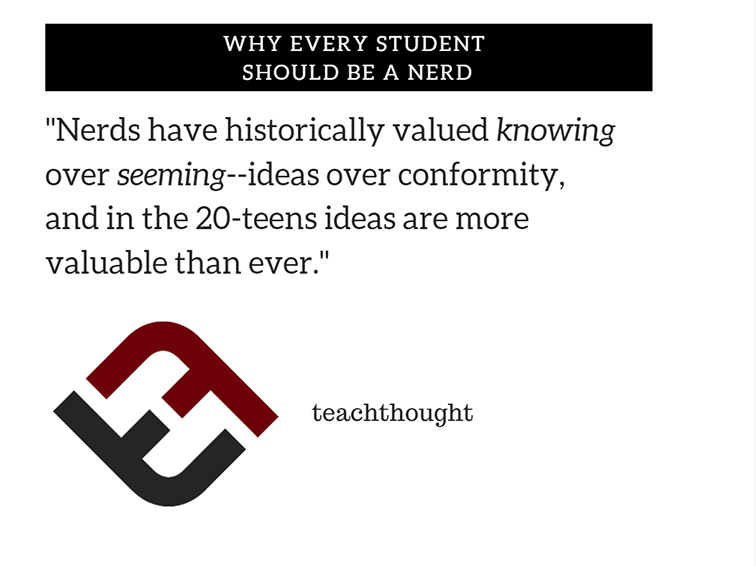
Today, nerds have all of the potential. Following and adhering and conforming are currencies less valuable in comparison.
Technology is ubiquitous, fluid, and a matter of human experience. The crafting of things for our own use is ongoing and ever-evolving.
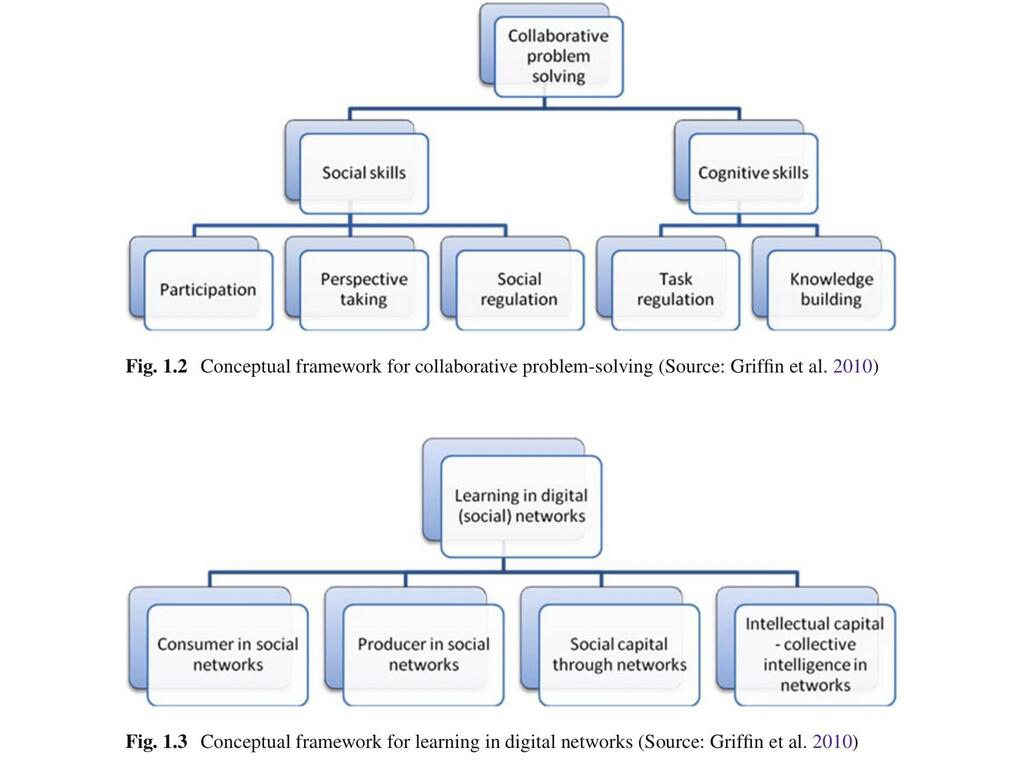
Consider the ‘collaborative problem-solving’ framework to guide your design of project-based learning or learning in digital networks.